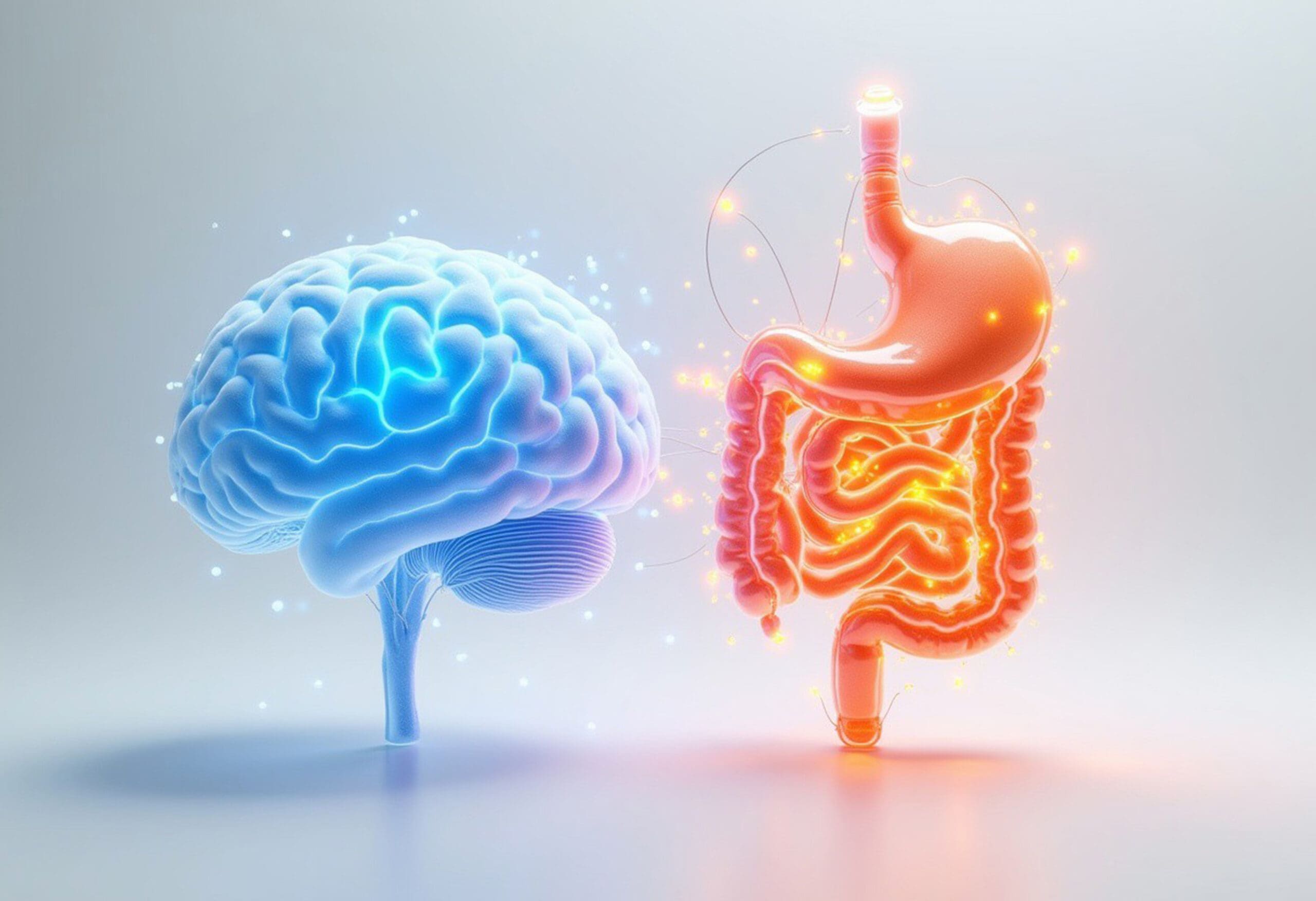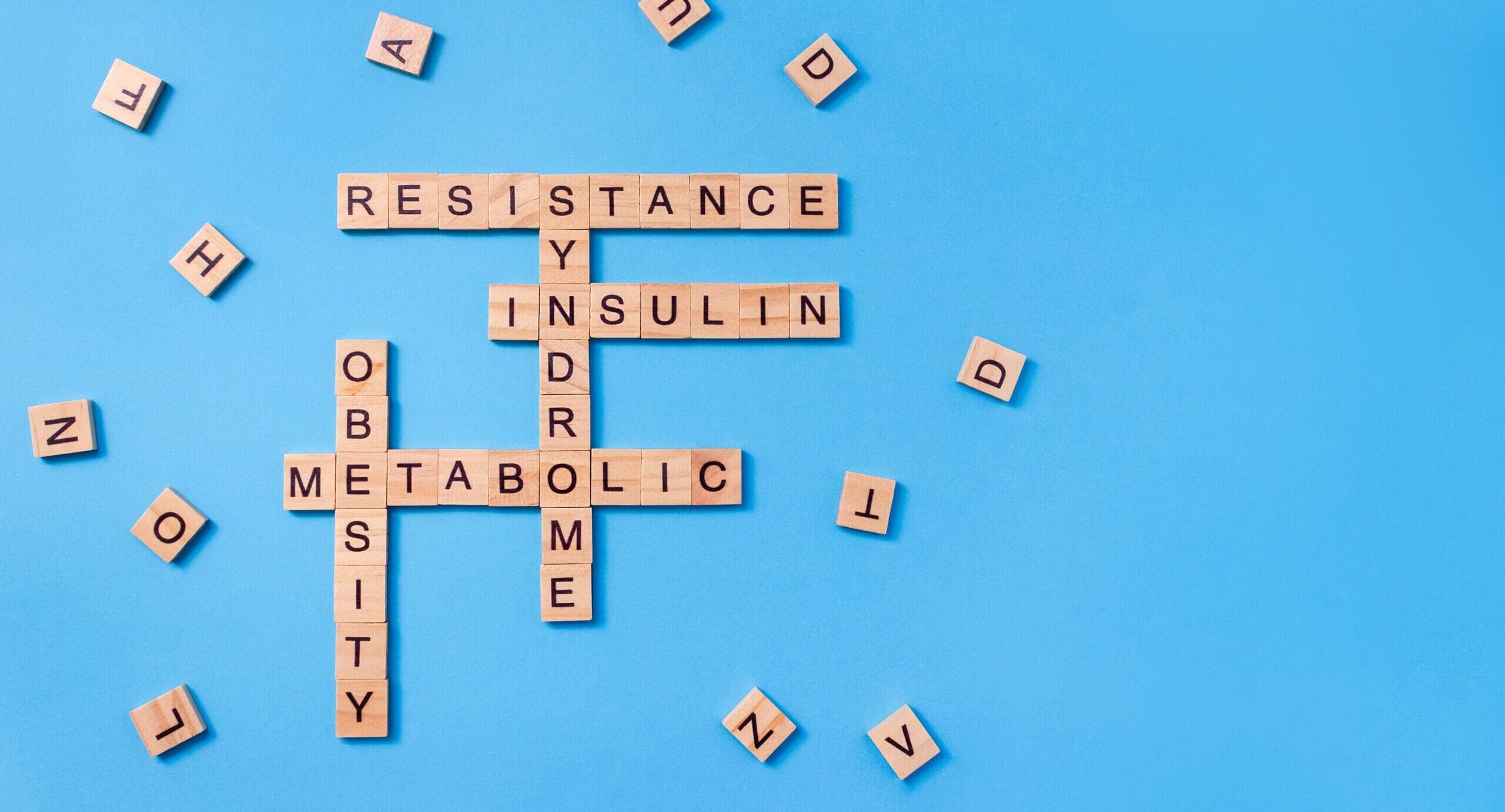by Dr Sandra Cabot
A win for the people!
Genetic testing really gained the public’s attention several years ago when the popular celebrity Angelina Jolie-Pitt announced she carried the mutated BRCA1 and BRCA2 genes. These genes put her in a high-risk category for developing breast or ovarian cancer in the future. She also had a strong family history of breast cancer, so her forebears probably carried these mutated genes.
By obtaining this information through genetic testing, she made the life-altering decision to undergo radical double mastectomy surgery, and later, her ovaries and Fallopian tubes surgically removed as well. For Angelina, she saw her decision was potentially life-saving.
Since that time, many have undergone genetic testing to see if they too carry genetic mutations predisposing them to cancer or other diseases. This information is fantastic to know because you can use preventative strategies from an early age.
For quite a lot of people, the cost of obtaining these tests can be out of reach, often being thousands of dollars. Some companies, such as the US biotech company Myriad Genetics captured exclusivity on the genetic testing market by slapping patents (ownership rights) on genes or genetic mutations, such as BRCA1 and BRCA2. There have been many legal challenges to have this overturned, only to fail in the attempt, until recently. In June 2013, a US Supreme Court finally declared that naturally occurring DNA such as the BRCA1 gene could not be patented, even though a patent already exists.
Then in Australia, on October 7 of this year, Yvonne D’Arcy, a two-time cancer survivor from Queensland, won her High Court challenge against big US biotech company Myriad Genetics, who had a patent of ownership rights on the BRCA1 gene. Several prior attempts had failed, however this final judgement was unanimous and it was declared “an isolated nucleic acid, coding for the BRCA1 protein, with the specific variations from the norm that are indicative of susceptibility to breast cancer and ovarian cancer, was not a patentable invention”. Hip hip hooray!
Just as it was in the US, this was a big win for the people of Australia, as it meant that a single company, such as the US biotech company Myriad Genetics, could no longer control research on a gene, or receive all of the profits from other companies who would also test for it. This landmark ruling will now set a precedent for future cases over proprietary of the human genome. It will also allow for genetic testing to be more affordable for people who are concerned about their genetic susceptibility to certain types of cancer, or other genetic diseases such as Alzheimer’s, heart disease and some degenerative diseases…..as forewarned is forearmed.
In our modern times, we are blessed with having copious amounts of information available to us, via the internet, researchers and personal healing stories shared (anecdotal), which allow us to really help ourselves. We can now assess our risks for getting diseases such as cancer and actually do something about it before it becomes a life threatening issue for us.
Genetic testing is certainly a giant leap forward for us, and many of us can take advantage of this technology to ‘shine the light upon the dark’, or to ‘illuminate that which was previously unseen’. This gives us power to act and take control.
Whether we decide to act upon that information and have our affected body parts removed, is a personal decision, one that should never be taken lightly. However there are always things we can do to reduce those chances of developing cancer in the first place. A healthy balanced diet and antioxidants in fruits and vegetables can turn off cancer genes so they do not express themselves as readily. Furthermore regular exercise, getting enough good quality sleep, rest and recreation and learning to adequately cope with the stress in our lives all contribute to a stronger immune system.
Good health to you all.
References:
http://www.hcourt.gov.au/assets/publications/judgment-summaries/2015/hca-35-2015-10-07.pdf
http://www.usatoday.com/story/news/nation/2013/06/13/supreme-court-gene-breast-ovarian-cancer-patent/2382053/
http://www.abc.net.au/news/2015-10-07/breast-cancer-gene-cant-be-patented-high-court-rules/6833232
Brozmanova J. Selenium and cancer: from prevention to treatment. Klin Onkol. 2011;24(3):171-9.
Naithani R. Organo-selenium compounds in cancer chemoprevention. Mini Rev Med Chem. 2008 Jun;8(7):657-68.
Clark LC, et al. Effects of selenium supplementation for cancer prevention in patients with carcinoma of the skin. JAMA. 1996 Dec 25;276(24):1957-63.
Ganther HE. Selenium metabolism, selenoproteins and mechanisms of cancer prevention: complexities with thioredoxin reductase. Carcinogenesis. 1999 Sep;20(9):1657-66.
Rayman MP. Selenium in cancer prevention: a review of the evidence and mechanism of action. Proc Nutr Soc. 2005 Nov;64(4):527-42.
Fleet JC. Dietary selenium repletion may reduce cancer incidence in people at high risk who live in areas with low soil selenium. Nutr Rev. 1997 Jul;55(7):277-9.









Leave A Comment